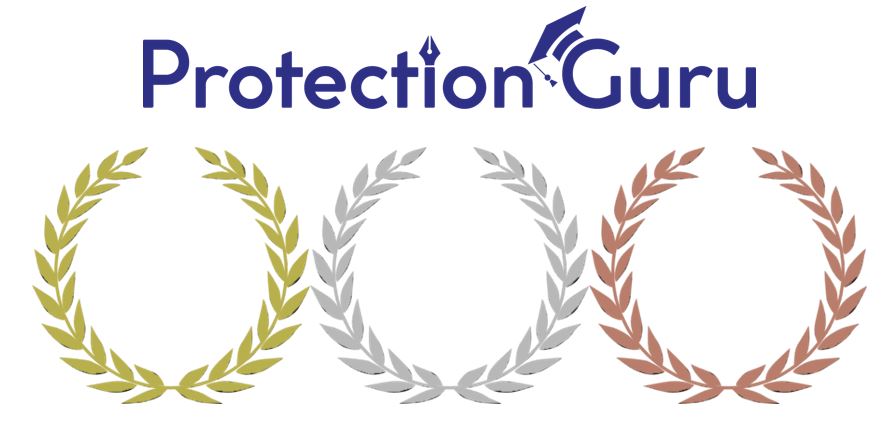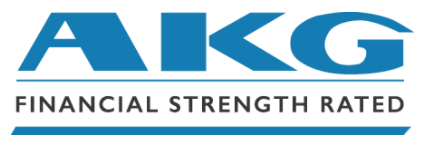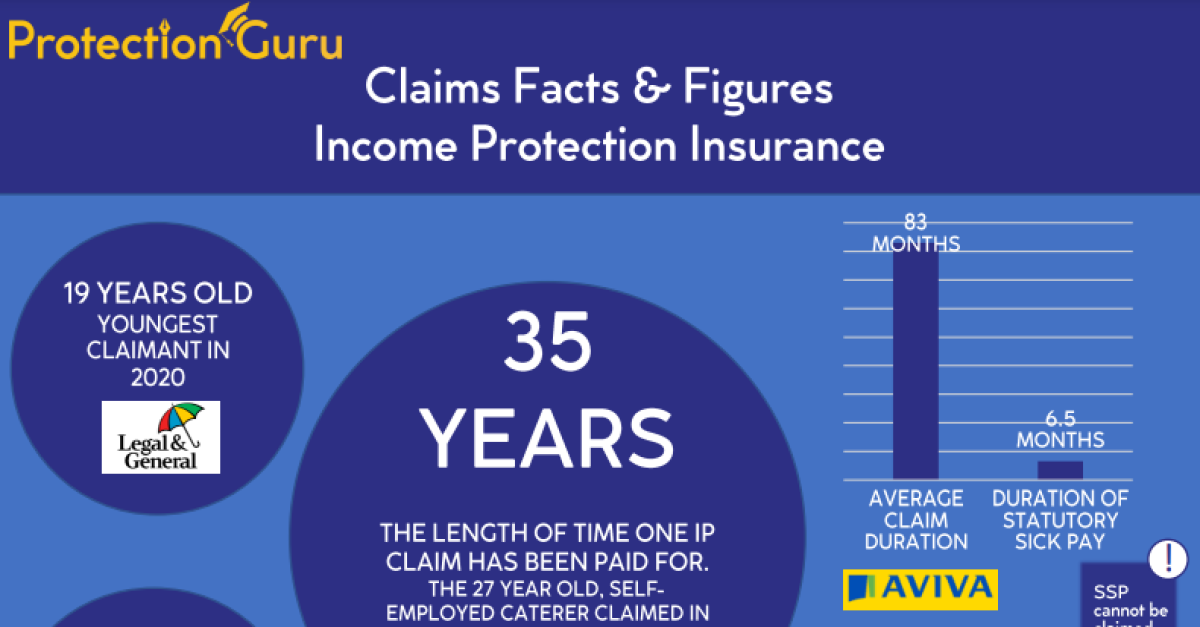
Is business protection a huge opportunity for Mortgage advisers post-Consumer Duty?

Business protection may not fall explicitly within the scope of Consumer Duty but it dovetails neatly with the Financial Conduct Authority’s direction of travel.
The regulator’s focus on achieving good outcomes for clients, avoiding foreseeable harm and meeting the client’s financial objectives should encourage mortgage advisers to have more conversations with clients about individual protection.
But if a client is a business owner, mortgage advisers can go one step further, complementing their individual protection needs by putting business protection in place.
Policies such as key person insurance, shareholder protection and business loan protection can help mortgage advisers protect the source of the income which pays a client’s mortgage.
This adds another string to an adviser’s bow and gives them a competitive advantage. What’s not to like?
Assessing the opportunities
Legal & General (L&G) estimates there is a £1.35trn ‘business protection gap’ to be filled, illustrating the scale of the opportunity in this market for advice firms.
According to L&G, average business borrowing is around £200,000 but less than 5% of firms have loan protection.
“If you are going to be arranging mortgages and thinking about a way to increase business opportunities, protection is way up there,” says Consumer Duty Alliance chief executive Keith Richards.
For mortgage advisers prepared to make the effort, talking to clients about business protection is a great way to differentiate their proposition.
It will be a slightly different conversation to have with clients compared to individual protection, where growth is more directly driven by the Consumer Duty’s focus on personal needs and circumstances.
However, this makes the business protection market no less important to clients and attractive to advisers. In fact, some protection professionals are already expanding their services to include it.
For example, The Protection Coach director Matthew Chapman is also director at Company Protection, a firm he co-owns with Vita Financial. Its aim is to get more businesses to sign up to protection.
“Why would mortgage advisers want to do this? The source of wealth for some clients is their business. It gives them an income to pay for the mortgage,” says Chapman.
He points out that company directors rely on their business, as do employees and their families. “It has a cascade effect,” says Chapman. “If you look at the source of income, the key is ensuring the business is resilient. But most companies don’t have business protection.”
Maximising client relationships
The survival of a client’s business plays a major role in meeting their financial objectives and life goals.
“Most business owners went into that job for a reason. They might be doing it for the income, or they see an opportunity to grow something to provide long-term returns,” says Chapman.
Advising on business protection can help a client’s company achieve those goals – and, again, the synergy with Consumer Duty is apparent.
Dealing with clients in both their personal and corporate capacity is also a way for advisers to make the most of their relationships with business owners. As Chapman says: “The other client is the client’s business.”
An advantage of business protection highlighted by Richards is that premiums are likely to be ‘very sticky’, with businesses less likely to let policies lapse or cancel them than individuals.
Signposting to specialists
Though less familiar to mortgage advisers, business protection products do a similar job to those in the individual market. For example, key person insurance pays out if an important person in the business becomes critically ill or dies.
The difference with key person cover is the money will be paid to the business, which could use it to stay afloat while the firm adjusts to the situation. Some firms use it to recruit and train a replacement for the key person.
However, business protection is viewed as technical and potentially more complicated than the individual protection market.
Though passionate about the need for more mortgage advisers to discuss business protection with clients, Chapman says that, once the subject is broached, the work should be handled carefully – ideally by a specialist.
“You need an experienced adviser to do it. It should be signed over to a specialist or certainly done with caution,” says Chapman.
To do business protection well, advisers will need an understanding of things like how to value a business, the different types of trusts, accounting practices and the tax system.
“Mortgage advisers generally don’t want to get involved in that,” says TFA Trusted Financial Advice mortgage and protection director Charly Higman.
There are more things an inexperienced adviser could get wrong if writing business protection themselves.
“For example, if plans are not structured correctly, you could inadvertently set a business or individual up with a tax liability, which may be undiscovered until claim,” says Higman.

















